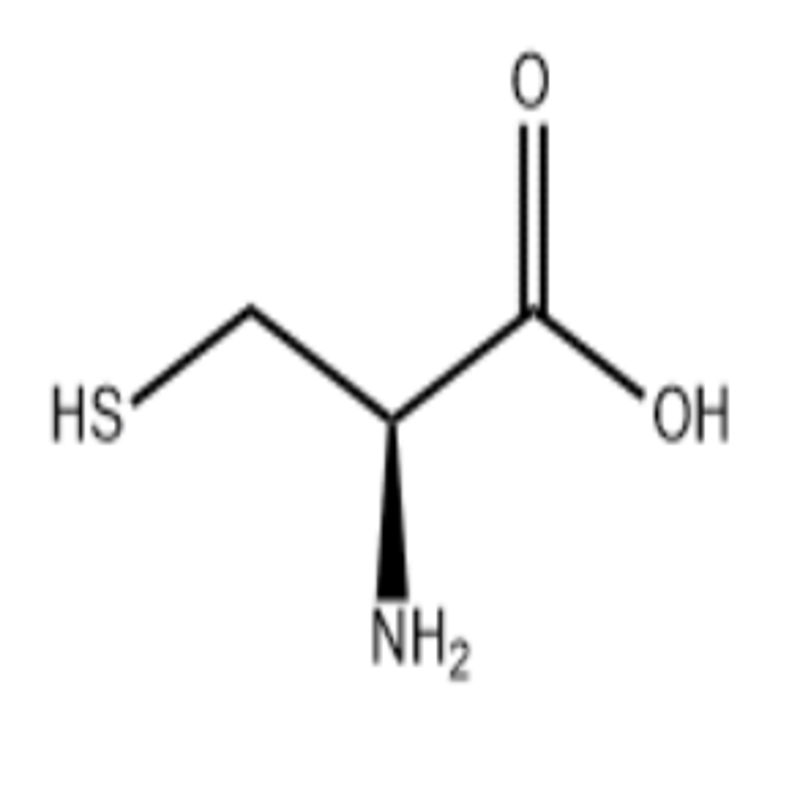L-Arab glycolyzypsin functional research and analysis.
-
Last Update: 2020-09-05
-
Source: Internet
-
Author: User
Search more information of high quality chemicals, good prices and reliable suppliers, visit
www.echemi.com
Bai Fu to Jinan Sanquan Tang and Tang Biotech Co., Ltd.L-Arab sugar is a new resource food (now a new food ingredient) approved by the Ministry of Health in 2008. Jinan Sanquan Tang and Tang Biotech Co., Ltd., as the world's largest L-Arab sugar production plant, has been in the forefront of functional research on the sugar, especially in L-Arab sugar inhibits sucrose enzyme activity and proliferation of intestinal beneficial bacteria has been certified. At present, Tang and Tang L-Arabic sugar has been widely used in beverages, enzymes, baking, milk, health care products, medicine and other fields.is a liquid containing biologically active ingredients extracted by fermenting fruits and vegetables through microorganisms. The selection of suitable ingredients and fermentation processes to produce enzymes, can contain one or more effects, including: adjustment of immune response, anti-cancer, lower blood pressure, whole intestine, elimination of constipation, resistance to gout, type 2 diabetes, weight loss, anti-allergy and so on. As a unique health care product with vitality of life, enzymes have great prospects for health..L-Arab sugar and fruit and vegetable enzymesperfect combination enzyme products are faced with two problems have been restricting the product market development of the soft spot: First, the fermentation process of enzyme products, fermentation process if fermentation is not complete will affect the quality of enzyme products, L-Arab sugar as the leader in reduced sugar can continue to provide carbon source for the enzyme fermentation process, so that fermentation is fully.2 is the control of the taste of enzyme products, by using L-Arabic sugar has similar physical characteristics to sucrose, it replaces some or all of the white sugar in enzyme products, which can not only improve the taste of the product, but also increase the additional efficacy of enzyme products..Analysis of the efficacy of L-Arab saccharincan effectively inhibit sucrose absorption Tang and Tang experimental data show that L-Arab sugar can effectively inhibit the activity of sucrose enzymes, in which 30 healthy volunteers over the age of 30 were divided into 4 groups, taking 20 grams of sucrose At the same time, taking enzyme drinks containing the equivalent of 0%, 2%, 3.5% and 5% L-Arab sugar, the blood sugar value after 30 minutes was determined to confirm that the blood sugar levels of the 3.5% and 5% L-Arab sugar groups were significantly inhibited. In addition, patients with type 2 diabetes were given sucrose-containing enzymes that added 3.5% L-Arab sugar, and the results showed a significant suppression of elevated blood sugar. This suggests that L-Arabic sugar has the same effect on sucrose absorption in normal people or diabetics.can effectively control and improve , Tang and Tang L-Arab sugars have good acidification effect on the intestines. The acidic environment of the intestine is conducive to the growth of beneficial intestinal bacteriums such as Bifidobacteria and Lactobacillus lactic acid bacteria, promotes the body's absorption of calcium, enhances the body's ability to excrete toxic substances, and inhibits the proliferation of harmful microorganisms.type 2 diabetes is a sugar metabolic disease caused by islet insanity and resistance, accounting for 95% of all diabetes. L-Arabic glycolycase provides highly active probiotics against type 2 diabetes while adjusting the gut bacteria. Experiments show that probiotics can enhance their tolerance to oral glucose after the short-chain fatty acids produced by intestinal bacteria are absorbed.The treatment of diabetes has its unique advantages (1) test L-Arabic sugar can effectively increase the proliferation of human probiotics, probiotics have immunomodulation function, slow down the secretion of insulin resistance factors, fundamentally correct the body to produce insulin resistance.(2) When a large amount of L-Arabic sugar is ingested, probiotics continue to multiply and compete with the original bacteria, a process that requires a large supply of glucose, which accelerates the metabolism of glucose.(3) When a large number of probiotics are present, glucose is used first by probiotics on the mucous membranes, reducing its absorption by the body's sugars.(4) L-Arab sugar itself and probiotics that probiotics that proliferate L-Arab sugars can prevent and alleviate complications of diabetes.recent years, researchers have conducted extensive research on intestinal bacteria and found probiotic strains that can significantly reduce blood sugar. L-Arabic glycolyzypsin is constantly used in the targeted cultivation of high-performing screening strains. As a result, L-Arab glycolyzypsin products have great potential in the market.
.
This article is an English version of an article which is originally in the Chinese language on echemi.com and is provided for information purposes only.
This website makes no representation or warranty of any kind, either expressed or implied, as to the accuracy, completeness ownership or reliability of
the article or any translations thereof. If you have any concerns or complaints relating to the article, please send an email, providing a detailed
description of the concern or complaint, to
service@echemi.com. A staff member will contact you within 5 working days. Once verified, infringing content
will be removed immediately.







